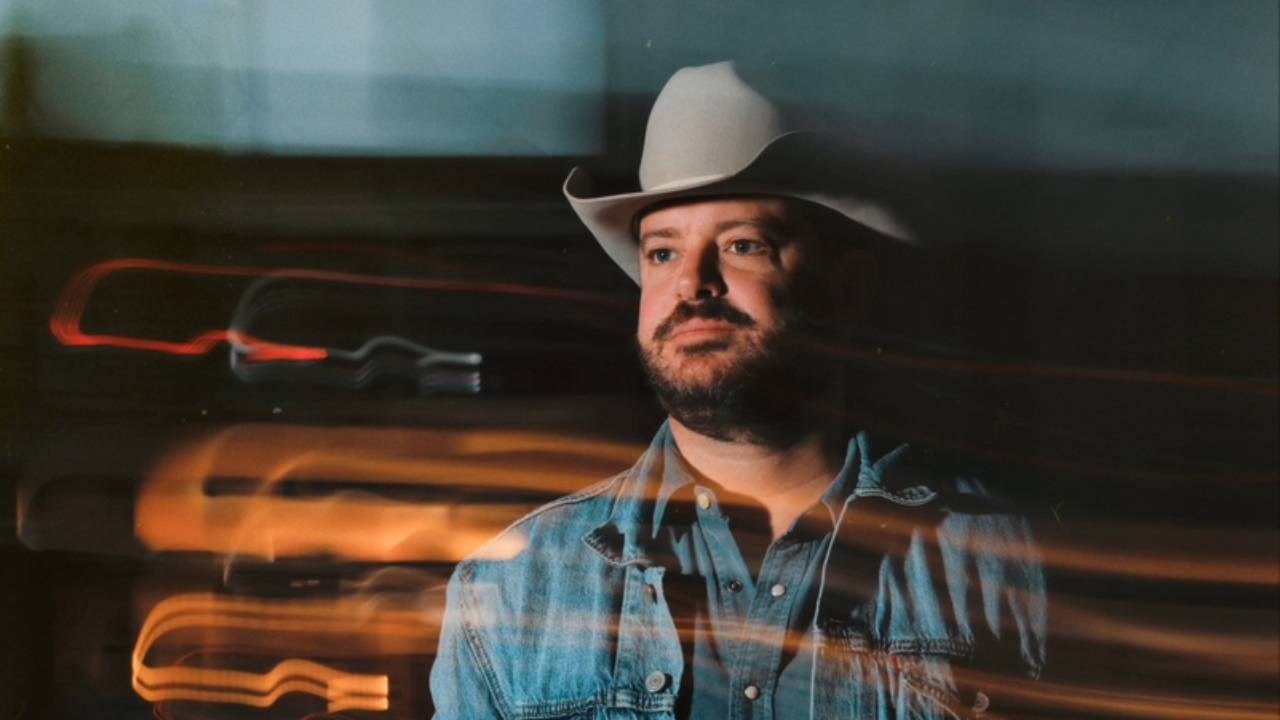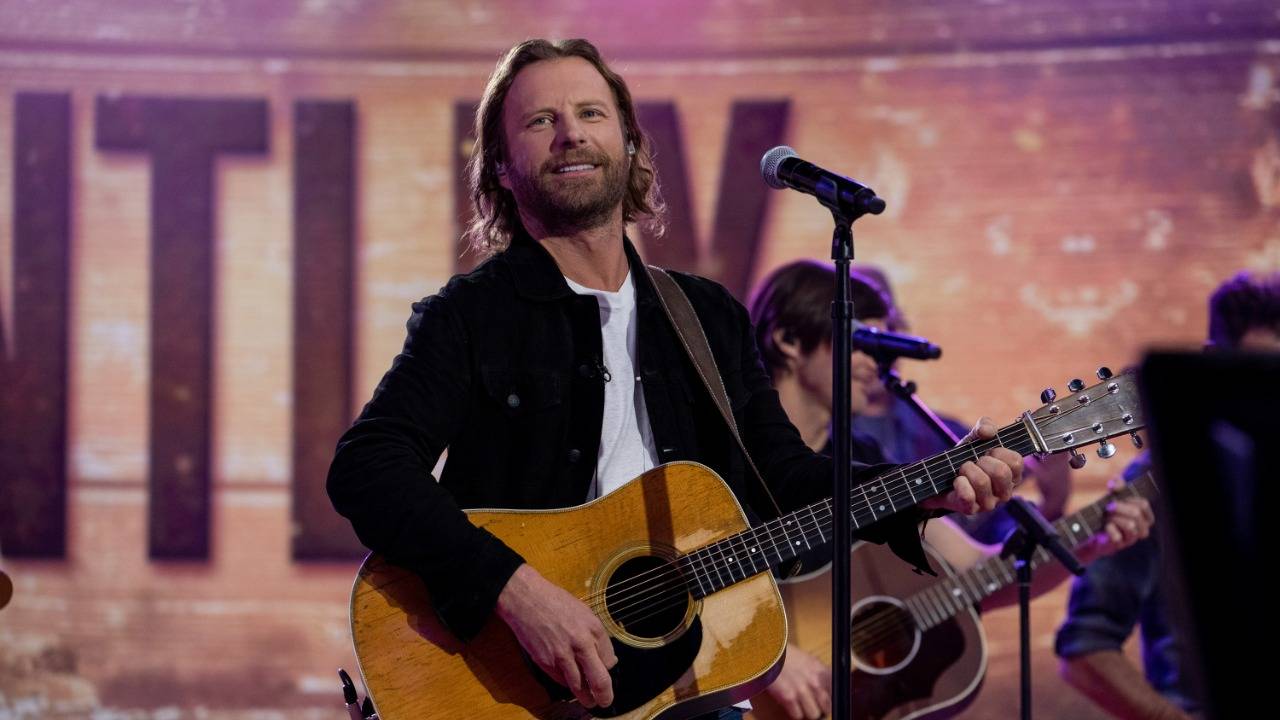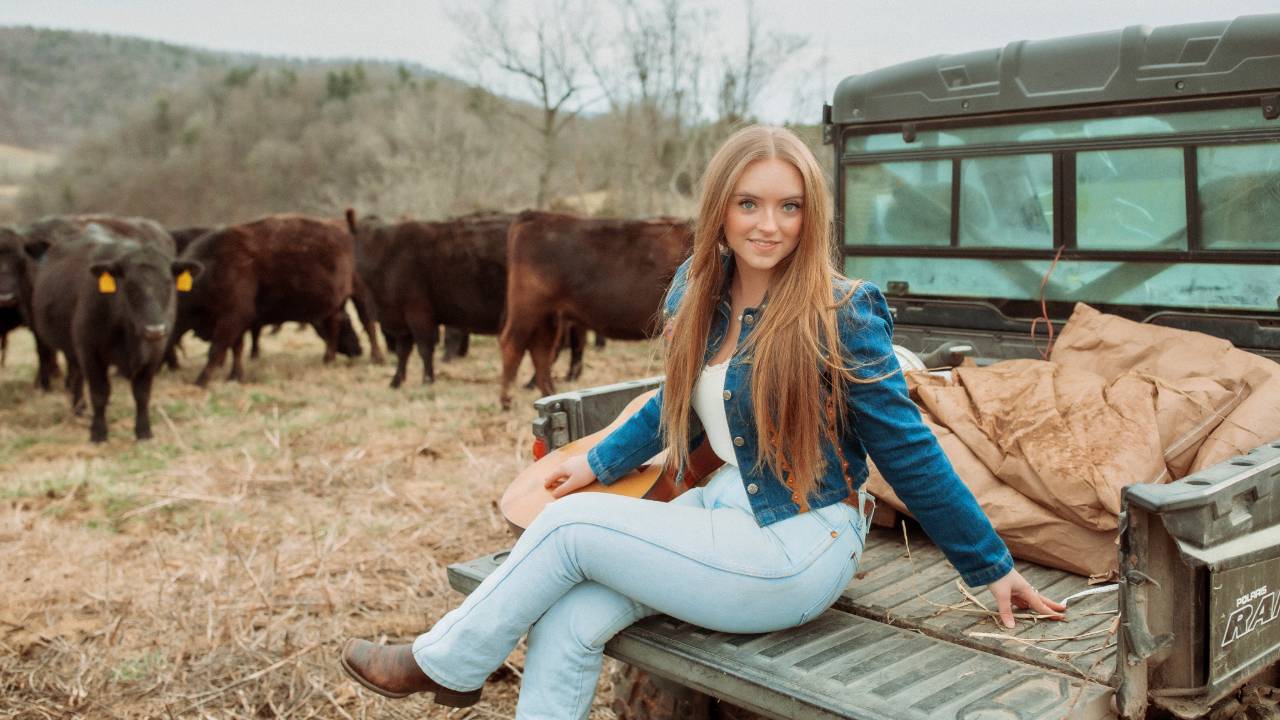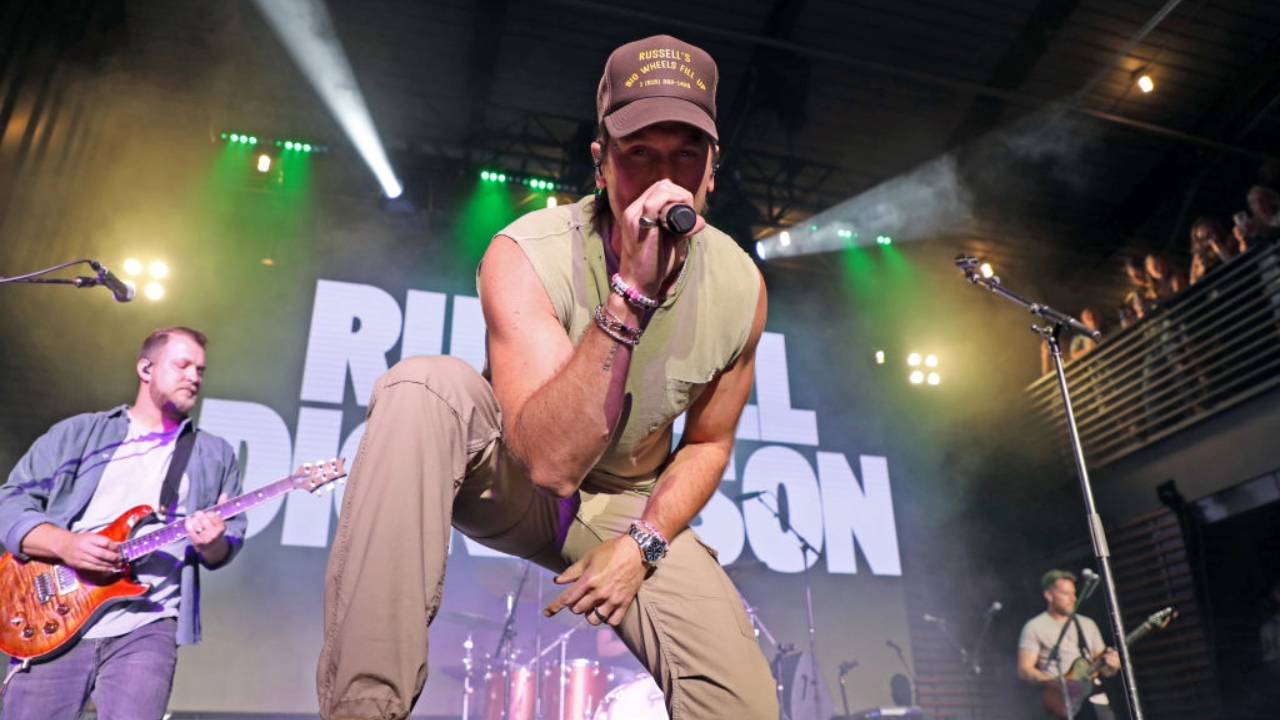Sam Bush Reflects on a Career in Newgrass

Regarded as the father of newgrass music, Sam Bush is almost unrecognizable as he saunters into the press tent at the Bonnaroo Music and Arts Festival in Manchester, Tenn. At age 60, he was wearing faded jeans which looked almost as old as he is, but his face had a grin that was both youthful and jubilant.
The Kentucky native acquired his first mandolin at the age of 11 and also became a child prodigy on the fiddle. With childhood friends Wayne Stewart and Alan Munde, he formed a band and recorded his first album, Poor Richard's Almanac, in 1969.
He came to national prominence after forming the New Grass Revival in 1972. Combining bluegrass with elements of rock and jazz, the band pushed musical boundaries during the next 17 years.
As a sideman on mandolin, fiddle and guitar, Bush has recorded and performed with a wide range of musicians, including Emmylou Harris, Dierks Bentley, Garth Brooks, Lyle Lovett, Bela Fleck and jazz bassist Charlie Haden. He and his band continue to record and tour, finding a new audience among jam bands and festivals such as Bonnaroo.
As we trekked through the Tennessee humidity looking for a quiet place to chat, Bush exuded a whip of energy that was electric and magnetic as he talked about his music and career.
CMT: You're going to be performing at the Yonder Mountain String Band's Harvest Music Festival. Tell me about your relationship with them.
Hey, I love those guys. They're truly my pals, and I always get to play the fiddle with them. And sometimes I even go on the road with them and ride their bus -- and, boy, is that fun. (laughs)
Can you go into detail as to how much fun it is?
It's just a nonstop musical event. Those guys are always picking on the bus, and they pretty much do what we call "show and go." Jeff [Austen] is my mandolin buddy, and I feel like they're my younger brothers. They're close pals of mine. I love them.
You've played with a lot of different people through the years. What's the most valuable thing you've learned from all the musicians you've played with?
Well, there's something to learn in every situation. For instance, what I'm doing here at Bonnaroo is leading my own band. But by playing in other people's bands, I can learn from them, things I like about what they do, things that I might not want to do the way they do. For instance, I used to play with Lyle Lovett's road band. He likes an 18-piece band, and I learned that the more people that are playing, the less we all need to play so that it doesn't all jumble up. I learn things about stage presentation from people. From Emmylou, I learned to sing in a better way, to soften up and not sing as hard and loudly as I once had. She helped me increase my range a little bit. She was a very generous bandleader, so I also learned generosity. She's just a wonderful person. We became pals, and I taught her baseball.
How did you teach her to play baseball?
Well, I didn't teach her to play baseball [but] to love baseball. I was in her band for five years -- 1990 through part of 1995. We were in Chicago once and had the day off. Her guitar tech knew a person that worked at the old White Sox stadium. So we got to go on a day off, and she was hooked. She was a football fan, so she was liking some sports, but just didn't know enough about baseball. She's become an incredible baseball fan. She's an Atlanta Braves fan, as am I, but I'm a St. Louis Cardinals fan, first, always.
A lot of people look up to you as a musician. Who did you look up to when you started getting into music?
We had a mandolin and a fiddle in the house. My father played the fiddle and a little bit of mandolin. ... I don't know what attracted me to it, but I love the sound of the mandolin. As I started exploring who are the great mandolin players, it led me to bluegrass and led me to Bill Monroe, Jesse McReynolds from Jim & Jesse, Bobby Osborne from the Osborne Brothers, Dean Webb and the Dillards and John Duffy and the Country Gentlemen. There was a comedy team, Homer and Jethro. Jethro was this incredible mandolin player, but they would actually make mistakes on purpose for comedy. People didn't know they played. So Jethro for the jazz things that I know and Bill for the bluegrass part. And then when I heard Bob Marley & the Wailers, I loved Bob's rhythm guitar playing because it reminded me of the way Bill Monroe plays rhythm on the mandolin. That's the way my crazy brain works.
You were close to Doc Watson. What was your reaction to his recent death?
It was extremely sad. I started to get to play with Doc and [his son] Merle back in 1974. I used to go on the road with them. Sometimes I'd play if Merle didn't want to go on the road anymore, but the most joyous times would be when it was Doc and Merle and T. Michael Coleman, their bass player, and me on mandolin. ... I got started to play with him in 1974. It's interesting when you get to a certain age, I realized the other day. I was at Doc's funeral. I was part of the ceremony as a player that used to play with Doc. I just realized how fortunate I was that I got to start playing with Doc in 1974.
He was a hero to me, but he was also a friend to us. He and Merle were our friends. It does leave a slight hole in your musical life. I mean, I've had Doc Watson to look up to since I started playing the mandolin at age 11. So here I am -- 60 years old -- and Doc's gone. I can't be that sad. We are saddened by his loss, but I have to appreciate how much I loved getting to play with him and how fortunate I was to get to play all those years -- just as recently at the end of this past April, getting to play with Doc at MerleFest. I love him.
On a lighter note, what has this experience of Bonnaroo been like for you this year?
I'm fortunate to be here. About 10 years ago, my band was here, so we are fortunate to be here again today. Somewhere around 2006, I played here with Dierks Bentley as he wanted to augment his group with Buddy Miller and me. I think we're on the same stage today. But 10 years ago, it started to really pour rain during our set. We were under a covered area, so people just flocked to our stage. It was a wonderful experience and, as a matter of fact, I got to play with Doc Watson later after our set that day. Then in 2008, we played here with a group, we play every year in Telluride, Colo., and we've played there so many times they call us the house band. It's Bela Fleck on banjo, Jerry Douglas on Dobro, Stuart Duncan on fiddle, Edgar Meyer on bass, Bryan Sutton on guitar and me on mandolin. So the house band played here in 2008 and, here it is, 2012, and such a pleasant day. Wow. We've been here when it's just been so incredibly hot and it's been just amazing. So that's a fortunate thing for the audience and the performers.
For someone who has never heard you play, how would you describe your sound?
Well, some people are going to say newgrass. They've even called me the father of newgrass. I didn't know I was that old. What we do is play contemporary music, meaning that it's not old. It's stuff we pretty much write ourselves on traditional bluegrass instruments. That's kind of the definition of newgrass. We can touch upon everything from reggae to rock 'n' roll and jazz, instrumental, vocals. What it is, is just a positive energy trip when we're up onstage. We're all about the circle of communication with the audience. And if the audience isn't having fun, then I'm probably not, as well. So it really is a great circle of communication that we get going with the audience. Positive experience. Whether I go to a sporting event or a musical show, if I'm thinking about something else I should be doing, I'm not that entertained. So I don't want anybody in the audience to think about where else they should be at that moment. We want them to just join in with us and have some fun.





